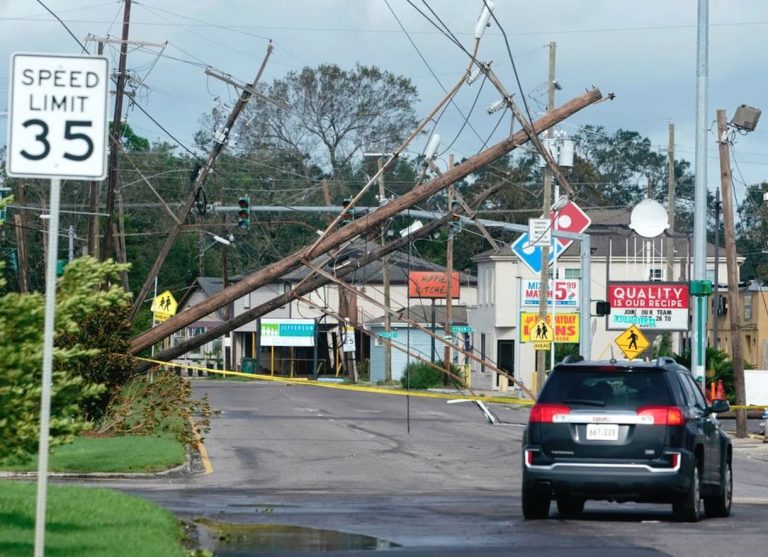
Monday, November 18, The Guardian published an “Explainer” article titled “How do we know the climate crisis is to blame for extreme weather?” This is wrong. [emphasis, links added]
Actual data on extreme weather does not support their claims, which are largely based on flawed “attribution studies.”
The claim that climate change worsens severe weather events has become mainstream in today’s media. However, a closer look at the data and science behind these claims often reveals inconsistencies that should give us pause.
Attribution studies are widely used to link specific extreme weather events to climate change, Rigorous peer review is often lacking and publications are rushed to gain headlines, raising serious concerns about their reliability.
Attribution studies use climate models to simulate two different worlds: one affected by human-made climate change and another unaffected by human-made climate change. The models then evaluate the likelihood of extreme weather events in each world.
However, the validity of such studies depends on the models and assumptions that underpin them.
It is easy to overestimate risk with this approach because Climate models often reflect worst-case scenarios for overheating rather than actual observations.
Furthermore, these studies are often published without appropriate peer review. climate realism It has been documented how Media organizations report stories based on these model-driven studies, ignoring real-world data that often contradicts the shocking conclusions.
For example, articles often cite reports of heatwaves, floods, or hurricanes “exacerbating” It is not disclosed that these claims rely on theoretical simulations rather than measured evidence.
Empirical data do not support claims that severe weather is getting worse. Actually, Long-term trends in many extreme weather events remain stable or even declining.
According to the climate overview, Heat waves in the United States were most severe in the 1930s, exceeding recent records in both temperature and frequency.
this There has also been no increase in the number of severe hurricanes making landfall in the United States. The country even experienced a record 12-year lull in major hurricanes between 2005 and 2017.
also, U.S. drought not getting worse In recent years, drought levels in the country have reached record lows, with 2017 and 2019 setting records for the smallest proportion of the country affected by drought. These data points highlight a serious disconnect between what is reported and what actually happens.
Mass media plays an important role in how the public views climate and weather. Unfortunately, they have a well-documented tendency to sensationalize weather events and uncritically promote shocking narratives.
An example comes from climate realism show how News media have linked severe flooding in Dubai to climate change, based entirely on speculative attribution claims. This type of reporting not only distorts public understanding but also undermines the credibility of science.
Journalists are often eager to blame every unusual weather pattern on climate change, Studies that rely more on models than actual historical weather data are often cited. In doing so, they skip the due diligence required to present a balanced view.
When data contradicts claims of increased extreme weather, they rarely report on it, fueling a climate of unnecessary panic and misinformation.
The role of the media in perpetuating climate alarmism cannot be overstated. By favoring sensational headlines over fact-checked reporting, they fail in their responsibility to accurately inform the public.
The media often presents speculative findings as established science rather than carefully scrutinizing the limitations and assumptions of the attributed studies.
A lack of due diligence not only misleads policy discussions but also erodes trust in legitimate climate research. in the case of The Guardian, climate realism Dozens of sensational examples of this irrelevance to fact have been documented.
In an era where facts guide action, It is critical for journalists and media outlets to prioritize accuracy and depth over sensationalism.
Only then can we have rational, data-driven conversations about climate and extreme weather that recognize uncertainty and avoid the trap of media fear-mongering based on discredited climate claims.
Read more Climate Realism
